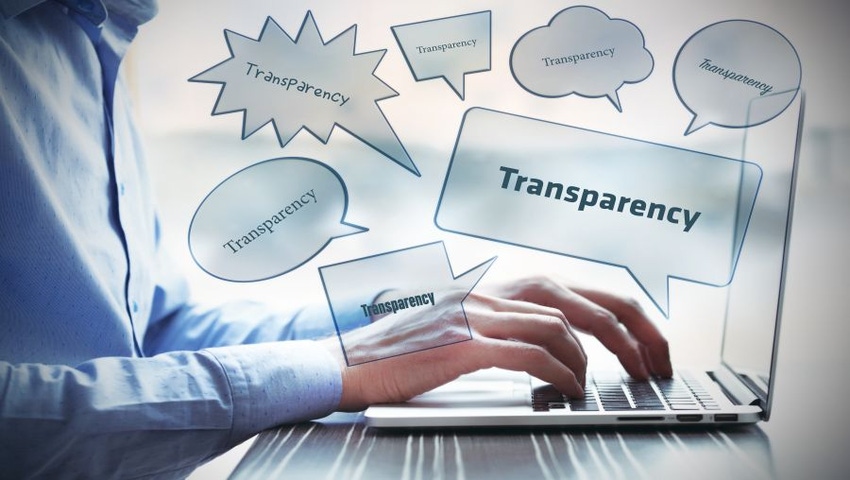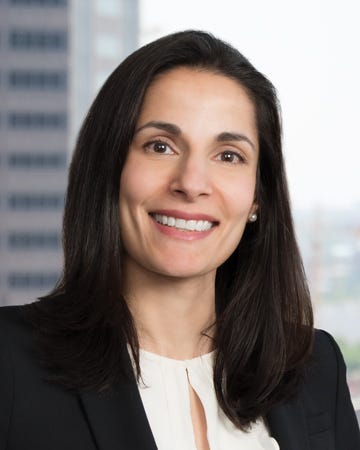Supplement OWL Helps Industrys Self-Regulatory Efforts
In an era when there is a growing call for accountability and transparency, the Supplement OWL demonstrates companies that voluntarily enter their labels into the registry are not operating undercover.

A quote often attributed to Albert Einstein is, “The only source of knowledge is experience." Whether he actually said that is up for debate, but these words remind us to look to our past when planning for the future. The recent launch of the Supplement OWL (Online Wellness Library), a dietary supplement product registry, provides a good opportunity to reflect on our industry’s rich history of self-regulation.
Just over 10 years ago, the Council for Responsible Nutrition (CRN) partnered with the National Advertising Division (NAD) of the Council for Better Business Bureaus to provide a series of grants that enabled NAD to expand its monitoring program of dietary supplement advertisements. Gaining traction each year, the self-regulatory CRN/NAD initiative encourages companies to “stand up for truth in advertising" and provides a forum for the prompt, voluntary discontinuance of misleading or unsubstantiated advertising claims. This system encourages fair competition within the industry and provides a resolution process that gives advertisers the opportunity to comment on, withdraw and self-correct advertisements as needed before they reach the watchful eyes of FTC. The NAD program has been hailed as “an excellent example of self-regulation" by FTC, and NAD has published over 275 food and supplement decisions since 2006. Continuing momentum into its second decade, the program demonstrates the power of meaningful self-regulation and should inspire the industry to do even more to protect those most important to us—our consumers.
Now, the industry is poised to employ a new self-regulatory initiative: The Supplement OWL.
For years, regulators and lawmakers have asked about the scope of the dietary supplement marketplace. How many products are there? What kind of information is on the label? How can manufacturers be quickly reached with questions about their products? FDA has indicated it would be helpful to have information about dietary supplement products in one, central location. As a responsible industry, we should be willing to take the extra step to make sure these answers are readily available to FDA. The Supplement OWL intends to do that.
The Supplement OWL (supplementowl.org) is an industry-wide dietary supplement product registry that takes an important step toward giving regulators some of the answers they’re looking for. Further, in an era when there is a growing call for accountability and transparency, the registry demonstrates companies that voluntarily enter their labels into the Supplement OWL are not operating undercover. They’re not afraid to stand behind their products and the information relayed on their product labels. This is the kind of information that will help other stakeholders, too, including regulators and consumers.
For a self-regulatory program to be successful, it needs to have the full support and participation of those it would regulate. The CRN/NAD program has prospered, in part, because companies are willing to participate in the process. The same is true for the Supplement OWL. As a voluntary program, it relies on companies to take the time and effort to submit labels because they know it’s the right thing to do. Participation demonstrates a desire to go above and beyond what’s already expected and do what’s needed.
For those who think that we’re in a new era—one where the federal government will sit back as regulatory enforcement falls by the wayside—think again. If (and that’s a big if) such de-regulation happens, it would not be the time for our industry to celebrate or take a break from active self-regulation and engagement with our regulators.
Now is the time for our industry to elevate its self-regulatory efforts and demonstrate we’ve matured. For this reason, the Supplement OWL is critical. Just as the NAD program intended to improve and police the claims behind supplement advertising, the Supplement OWL is a self-initiated effort to provide a clearer picture of the size and breadth of the industry for those asking for it.
Though not a quick fix for all of industry’s problems, the Supplement OWL is another proactive, self-regulatory initiative that shows we are listening to the wants and needs of those who regulate us, our customer, and even our critics. Participation in the Supplement OWL shows brands want to be part of the solution, not part of the problem.
Self-regulatory success doesn’t happen overnight. We know it will take time for the number of labels in the product registry to grow to numbers that are truly representative of the mainstream industry, but we are encouraged by the companies who have been there from the beginning and are hopeful all companies will follow suit and participate in the Supplement OWL.
As we learned from the CRN/NAD program, self-regulation can significantly transform a previously scrutinized aspect of industry. The Supplement OWL is the next step in our mission to help regulators do their job and an opportunity to gain the public’s trust.
Rend Al-Mondhiry is associate general counsel at the Council for Responsible Nutrition (CRN), the leading trade association for the dietary supplement and functional food industry.
About the Author(s)
You May Also Like






.png?width=800&auto=webp&quality=80&disable=upscale)